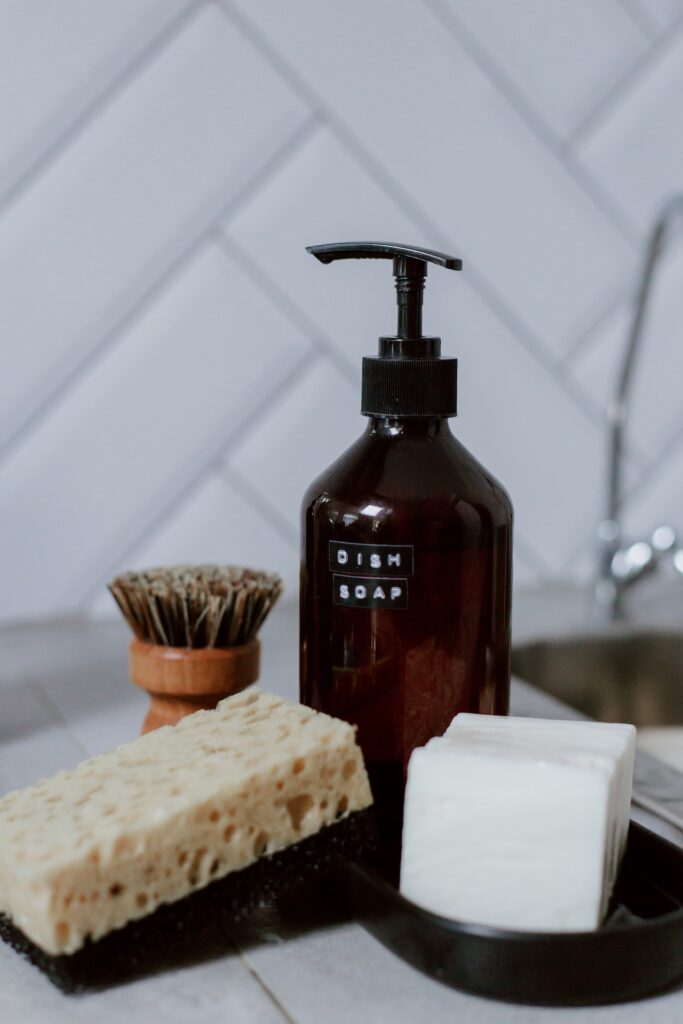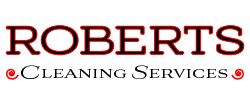If you ask some professional cleaners what the most used product in their cleaning box is, we can assume that their answer will be dish soap. This strange answer is due to the flexibility and tenderness of dish soap. It is safe to use on almost any surface and is more environmentally friendly than many common household cleaners.
Dishwashing soap is a surprisingly green cleaning product
One of the many reasons we like to clean with dish soap is that it is a natural, environmentally friendly product. Plate soaps that contain phosphates can be hazardous to the environment. When phosphates enter lakes and streams, they can cause algae blooms, which reduce oxygen levels in the water. Fortunately, most major brands of dish soap eliminate phosphates.
Plate soap does not have strong chemical odours
It is powerful but does not leave a strong chemical odour lingering in homes and offices. One of the biggest special requests we receive from our customers is to use products that do not have a strong smell. Heavy artificial detergent fragrances can cause headaches and breathing problems in humans and pets. When you process fats, many effective degreasers also have strong artificial flavours. That is not the case with most dish soaps, which have a softer aroma while degreasing.
Plate soap is safe to use on many surfaces and very effective at the same time

Plate soap is safe on many surfaces: granite, marble, sealed wood, ceramics and more. Most soft dish soaps have a pH of 7 or 8, which is more or less neutral. Most other cleaners, such as glass and all-purpose cleaners, are acidic or alkaline, making them riskier to use on easily damaged surfaces such as marble that are susceptible to staining and etching.
Although dish soap is gentle, it is also a highly effective detergent. One of the first steps some people train to take when cleaning a kitchen or bathroom is to make a bucket of soapy water. They turn to this universal tool throughout the cleaning process. The dish soap dissolves edible grease, making it a natural choice for cleaning kitchen surfaces – strong enough to remove stubborn grease from stovetops and microwave ovens while remaining safe for granite or marble countertops and appliances facades and stainless steel. Plate soap is also incredibly useful in the bathroom. We use it to deal with soap scum in bathtubs and showers, wash porcelain sinks, wipe countertops and scrub tile and linoleum floors.
Seven practical uses of dish soap in your home
As well as being a great cleaning product for everyday cleaning needs, dish soap can be beneficial for other tasks (and even for fun with children). We’ve compiled a list of seven of our favourite unusual uses for dish soap.
- Clean the jewellery. Dip or two of dish soap into the water is an effective cleaning solution for shining dirty jewellery. Just put your jewellery in the solution for five minutes and then remove it (you can use a clean toothbrush to clean dirty jewellery gently).
- Remove oil stains from concrete floors. Plate soap is also effective for removing oil stains from concrete floors in the garage or drive path. Just put over the stain layer of baking soda and then soap. After leaving it for a few hours, rub the area with a stiff bristle brush.
- Keep bugs away from your plants. Make a highly effective plant spray for indoor and outdoor plants with dish soap. Mix 1 cup of saffron or sunflower oil (it helps the spray stick to the plant’s leaves) with 1 cup water and two tablespoons of dish soap in a spray bottle. Tip: test the finished spray on a small part of the plant to ensure it is not harmful. In general, dishwashing spray is safe to use on most plants.
- Remove oil and grease from delicate tissues. Remove oil and grease stains from soft woollen and silk fabrics with hot water and soap. Add one tablespoon of soap to hot water. Immerse the garment and carefully rub the stain.
- Indispensable when camping. Carry a small bottle on camping trips for all your cleaning needs! Plate soap is so gentle that it is safe to use as a substitute for shampoo and body wash in times of need.
- Make bubbles. Need a break from cleaning? Make superbubbles! That is a great activity to play with children. Pour 1 cup of dish soap into 6 cups (preferably distilled) of water. Stir gently to avoid bubbles. Then add a cup of corn syrup and stir again. Put a lid on and let the solution stand overnight (this helps make the bubbles stronger).
- Remove the stickers without leaving a sticky residue. Use dish soap to remove stickers and sticker residue. Cover the sticker with soap and let it stand for five minutes. The sticker should slide off immediately, although you can also use a cleaning brush and hot water for more stubborn stickers.
Dishwashing soap is very gentle and soft on the skin, super degreasing, does not dry your hands, as it is hydrating, and as you already understand, you can use it for plates, cups and cutlery, and body wash.
